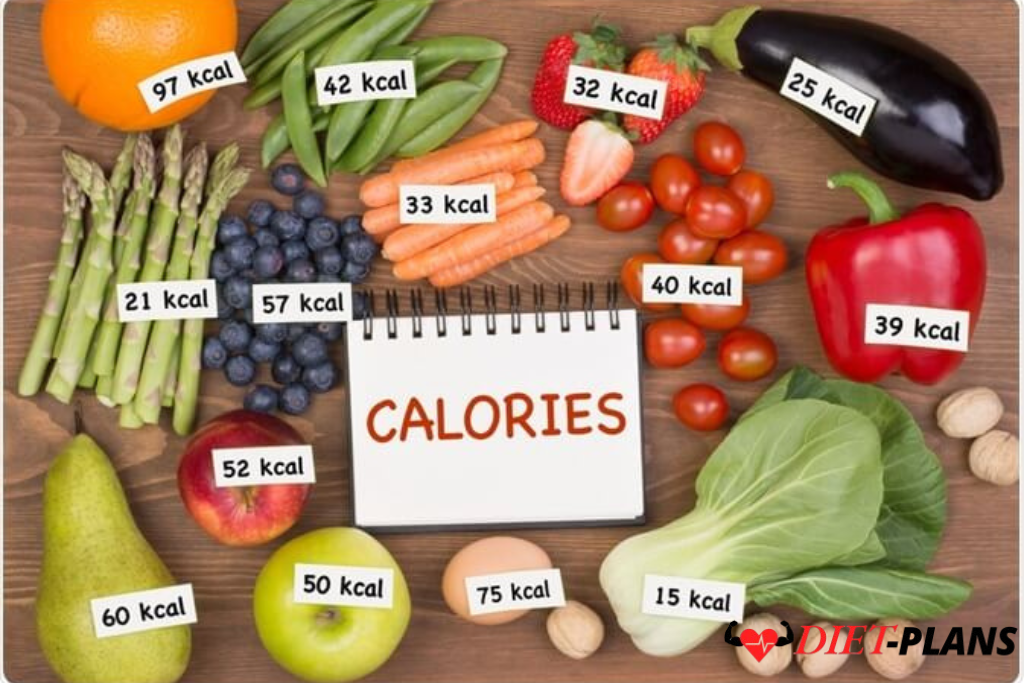The Science Behind Calorie Deficit: Key to Effective Weight Loss
We are aware that losing weight is a multifaceted and intricate process that involves several crucial elements, including regular exercise, calorie deficit, and metabolism.
Genetics and hormones, calorie intake and expenditure, lifestyle, and environment all play a role in weight reduction. In particular, calorie deficit for weight loss is a trend that individuals are trying to follow these days. Nevertheless, the calorie deficit for weight loss is based on a thorough calculation, and one must be well aware of its fluctuations. So let’s just give you a little explanation of the idea!
What Are Calories?
Let’s start with defining calories. Calories are the most important factor whether you want to gain weight, reduce weight, or achieve the ideal balance to maintain your current weight. The units of energy that a meal or beverage contains are referred to as calories.

There are excess calories in some foods, such as processed, fatty, or fried meals. Fresh fruits and vegetables, for example, have fewer calories than other foods.
Knowing how many calories your food should contain will help you make wise choices that will help you properly control your weight.
Why Do We Require Calories?
Calories are necessary for the human body to have adequate energy for movement, warmth, labor, growth, thought, and play. Calorie-based energy is necessary for the proper operation of our digestive and blood circulation systems.
Daily Consumption of Calories
Typically, calorie information is given in kcal (kilocalories). Additionally, it might be expressed as kJ (kilojoules).
To provide the exact figures:
- A typical male needs 2,500 kcal per day.
- A typical female needs 2,000 kcal per day.
Additionally, this figure may vary depending on your height, weight, age, and level of exercise.
Calorie Deficit for Weight Loss
Simply put, a calorie deficit for weight loss means that a person is consuming fewer calories than they are expelling. These days, a growing number of people are being inspired by the idea and adopting a calorie deficit to either maintain or reduce their weight.
Conversely, calorie surplus—a significant alternative for mass gain—occurs when we ingest more calories than we expend.
Regarding the figures, there is no set amount that one should concentrate on when calculating a calorie deficit for weight loss. A consistent 500-calorie daily calorie deficit for fat reduction, however, will often result in a weekly weight loss of about 1 pound.
Techniques for Managing Your Calorie Consumption
1. Energy Balance
Weight loss is effectively influenced by energy balance, i.e., the relationship between calorie intake and the calories we burn. One should undertake a calorie deficit for weight loss by consuming fewer calories than the body dilates. This causes the body to tap into stored fat as the source of energy, leading to weight loss over time.
2. Calorie Intake: Quality and Quantity
Evaluating the quality as well as the quantity of calories we consume is a crucial factor. While it’s essential to concentrate on the overall energy deficit, one should pay attention to the nutritional value of the calories. Opt for nutrient-dense foods, such as vegetables, fruits, lean proteins, whole grains, and healthy fats.
3. Portion Control
Portion control is another critical aspect of a calorie deficit for weight loss. Even healthy foods, if consumed in excess, can lead to weight gain. Measuring portions, using smaller plates, and mindful eating can help maintain a balanced calorie consumption.
4. Tracking the Calories Properly
Tracking calories is an effective strategy to evaluate calorie intake. Mobile apps, websites, and smartwatches can assist in monitoring food choices and portions to maintain a calorie deficit for weight loss.
5. Exercise for Balancing Calories
Exercise plays a vital role in managing calories. A combination of cardiovascular activities, strength training, and sports can help with calorie expenditure, aiding in maintaining a calorie deficit for weight loss.
Tips for Calorie Awareness
- Check the calorie information displayed on food packaging.
- Maintain a balanced diet with healthy calories from fruits, vegetables, proteins, and unsaturated fats.
- Plan meals to manage calorie intake effectively.
- Look for calorie information on restaurant and takeaway menus.
- Remember, activities like fast walking burn more calories than moderate-paced walking.
By understanding the relationship between metabolism, calorie intake, and energy expenditure, you can make informed decisions about your health and achieve your weight loss goals effectively.

